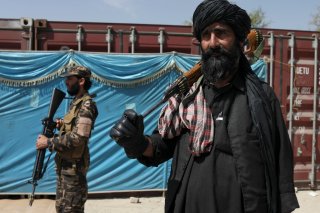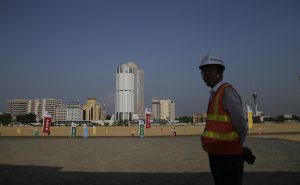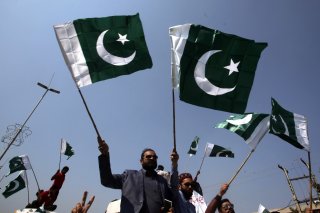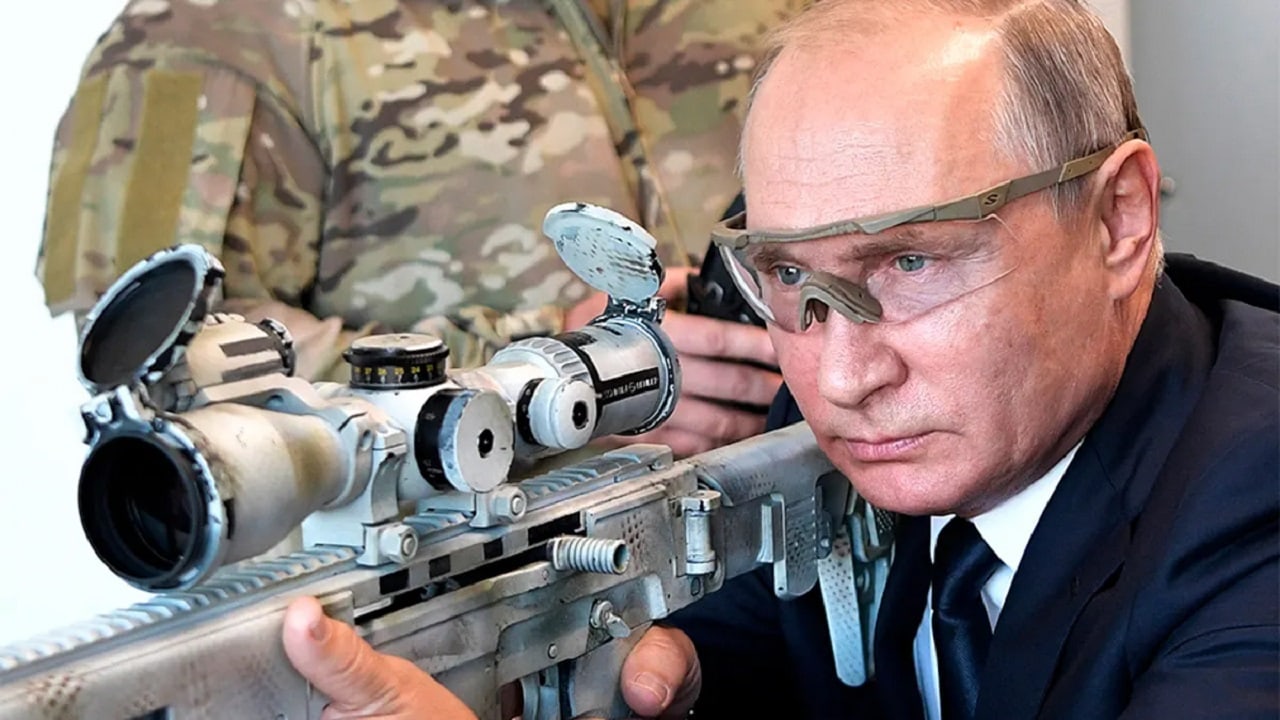Stacie Pettyjohn and Jennie Matuschak
This report examines the nuclear policies and postures of the United States and its three primary nuclear adversaries: China, Russia, and North Korea. It concludes that the world is entering a multipolar nuclear era, which is unprecedented, and far more complex and challenging than the Cold War. The current nuclear order has been gradually shifting over the past decade. Russia remains the United States’ only nuclear peer, but the arms control regime that constrained the superpowers’ nuclear arsenals is disintegrating. Relations between Washington and Moscow have worsened since Russia’s full-scale invasion of Ukraine and Russian President Vladimir Putin’s nuclear saber-rattling. China’s nuclear arsenal is growing in size and sophistication, potentially enabling Beijing to launch conventional attacks behind its nuclear shield. This development will shape both competition among Beijing, Washington, and Moscow and potential future military confrontations. Similarly, North Korea has a small but expanding number of deployed nuclear weapons and is improving its missile technology. In this new nuclear environment, the United States must deter two nuclear-armed great powers as well as a regional nuclear power from launching conventional and nuclear attacks on itself and its allies. As the number of nuclear-armed states grow, interactions become more complex and the risks of miscalculation and misperception increase. The ramifications of this new reality are not well understood, aside from the implication that there is a growing risk that nuclear weapons might be used. The study’s findings have five primary implications for American policy and nuclear posture. To improve strategic stability and enhance deterrence, the United States should take several courses of action.





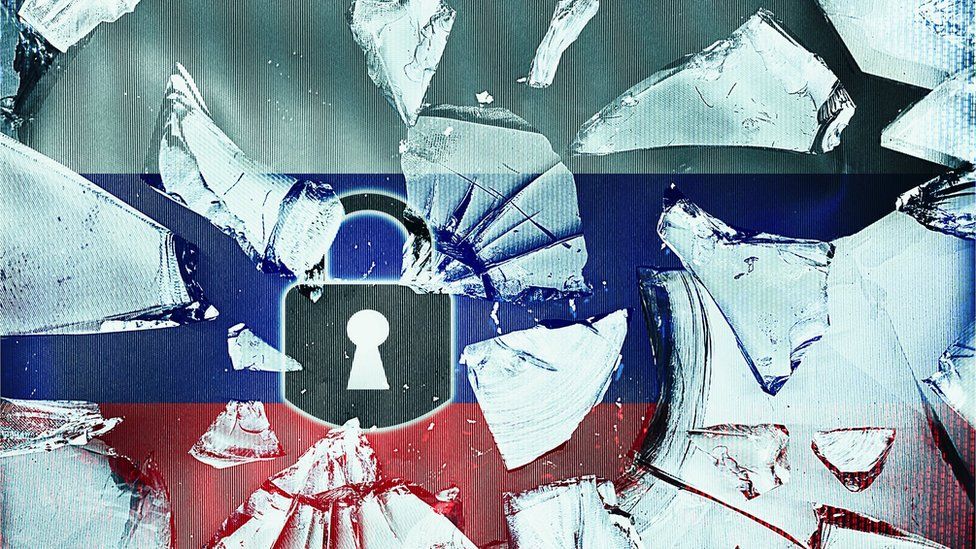 I
I


